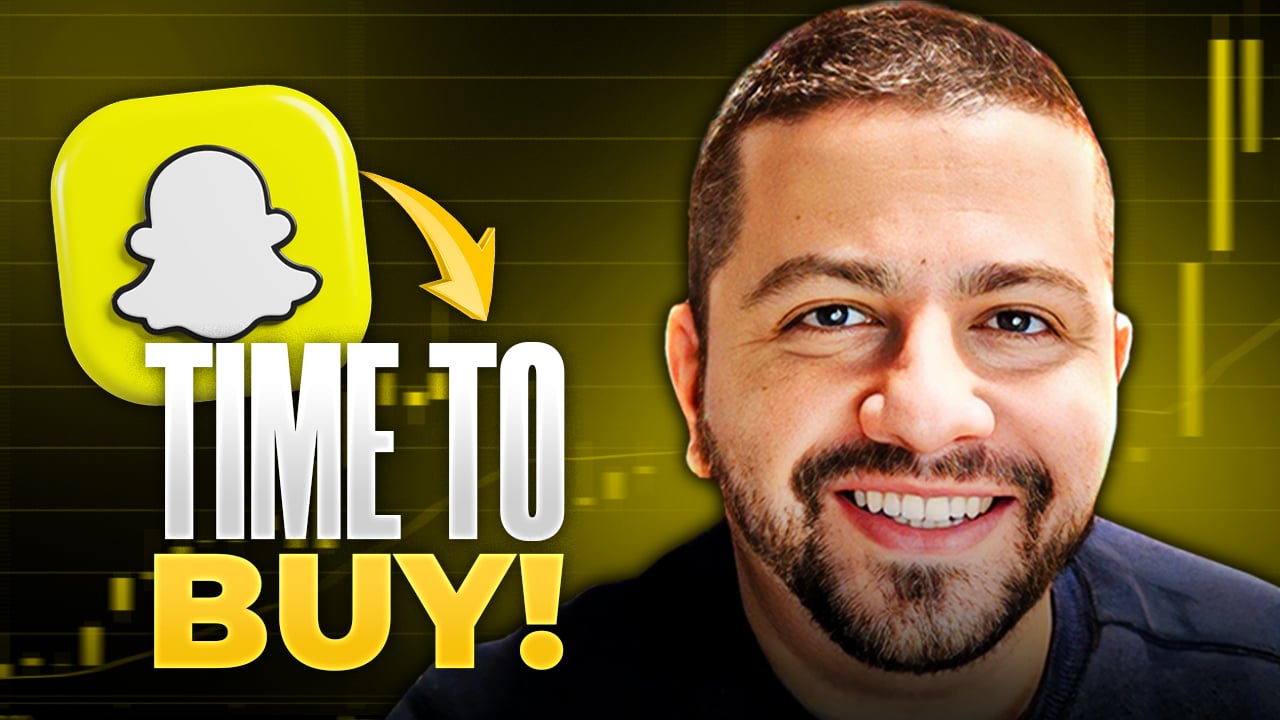Snap (SNAP 1.93%) has historically had a problem with cash burn, as the company's operating cash flows have consistently been negative since going public in 2017. For example, the Snapchat operator ended the second quarter with $1.2 billion, about $2 billion lighter than the $3.2 billion it had following its IPO, in which it raised $2.4 billion. Snap is putting together a turnaround, recently posting its best user growth in three years and reducing its cash burn rate.
The company has now announced that it is raising another $1 billion.

Image source: Snap.
Filling the coffers
Snap is selling $1 billion worth of convertible senior notes due in 2026 through a private placement to qualified institutional buyers. Bond purchasers will have an option to buy an additional $150 million, so the company could end up raising as much as $1.15 billion to fill its coffers. Key details like the interest rate, conversion rate, and other aspects of the notes will be finalized when the offering subsequently prices.
"Snap intends to use the net proceeds from the offering for general corporate purposes, including working capital, operating expenses, capital expenditures, and to pay the cost of the capped call transactions described below," the company said in a release. "Snap may also use a portion of the net proceeds to acquire complementary businesses, products, services, or technologies or for repurchases of Snap's common stock, although it has no commitments for any material acquisitions or stock repurchases at this time."
Capped call transactions are derivatives that companies commonly use to manage potential dilution associated with the issuance of convertible notes.
The news has sent shares lower as investors consider the dilutive possibilities, and the capital raise also highlights Snap's ongoing cash burn. The offering isn't entirely unexpected, either: MoffettNathanson analyst Michael Nathanson predicted in October 2018 that the company would need to raise capital in mid-2019 because it was "quickly running out of money" at the time. Former BTIG Research analyst Rich Greenfield, who turned bullish earlier this year, also previously suggested Snap would need to raise capital at some point before 2020.
In a memo seen by Reuters, CEO Evan Spiegel noted that Snap will take advantage of low interest rate conditions. "We will continue to focus on developing our content, gaming, and augmented reality platforms to enhance the Snapchat experience for our community," Spiegel reportedly wrote in the memo. At the same time, Snap's rising share price in recent months should give it favorable conversion terms.
This will be the first time that Snap has incorporated term debt into its capital structure. The social media specialist has an existing revolver that lets it tap up to $1.25 billion at a variable interest rate. The company had no outstanding balance on that credit facility as of the end of the second quarter. On the last earnings call, CFO Derek Anderson noted that Snap was "pleased with the progress we have made in reducing our cash burn as we scale our business efficiently."






